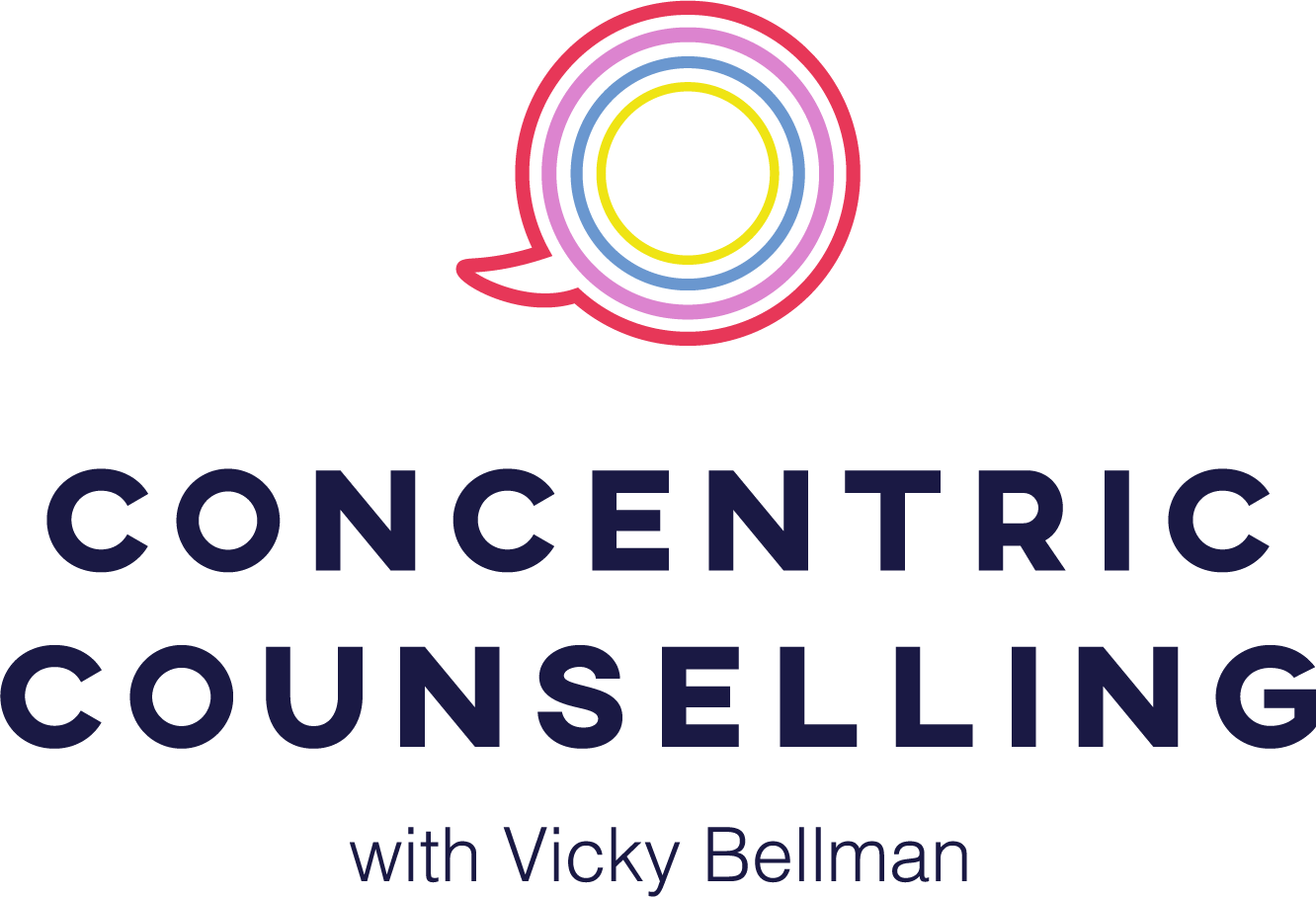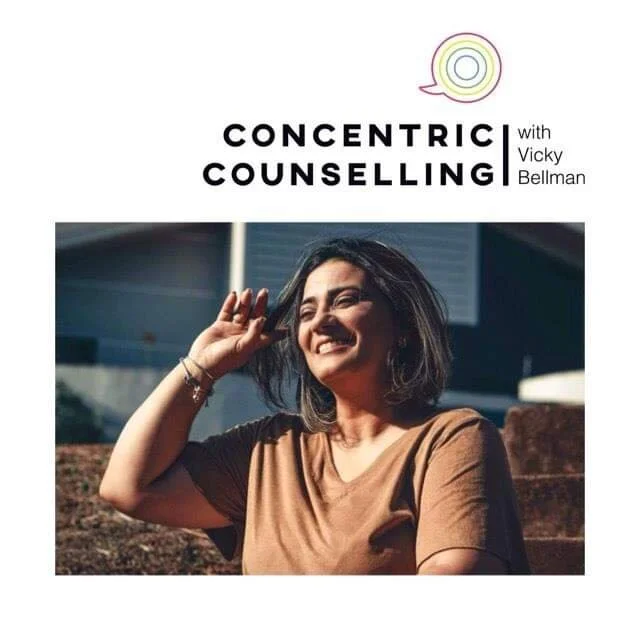Why I incorporate a feminist worldview into my therapeutic approach
Today is the International Day for the Elimination of Violence Against Women. It is a day, each year, that I feel reassured that incorporating a feminist approach into my work is both necessary and useful. And this year I thought it would be good to share that process with you – to share some of my thoughts on feminist approaches in therapy, as both an insight into the way in which I work, and also as a contribution to the work itself.
As an integrative therapist, I have the scope to bring together different approaches that I believe are helpful and complimentary. It allows me to take broadly aligned models and theories to create a bespoke experience for each client. With good boundaries, clear explanations and psycho-education, clients benefit from a range of interventions, and from making an informed decision about the support they receive.
An Awakening
When I was training, I didn’t know any other explicitly feminist therapists. Of course, I knew feminists, and therapists, and I knew therapists that held feminist views, but I didn’t know any that specifically and explicitly incorporated feminist therapy into their approach in a way that was visible to their clients. It was a complete awakening to read Trauma and Recovery, by Judith Lewis Herman, in the first term of my diploma; an awakening, and a foundation for my whole approach.
“Moral neutrality in the conflict between victim and perpetrator is not an option. Like all other bystanders, therapists are sometimes forced to take sides. Those who stand with the victim will inevitably have to face the perpetrator’s unmasked fury. For many of us, there can be no greater honor.”
This book has had a profound effect on me. I read it as a call to arms; an impassioned manifesto on the honour of working with victims and survivors of trauma. It was also the first therapeutic book I had read that was explicitly feminist, and made no apology for this approach; indeed, a feminist worldview is crucial to apply context to our understanding of gendered violence. By incorporating a feminist approach into a deeply considered intellectual practice, Herman legitimised how a personal ideology can be applied to this work, without becoming a disempowering agenda to the client, and gave me permission to consider how I could ethically integrate this personal principle into my professional approach. More than this, it gave depth and compassion to all my work - centering safety and the voice of the client, recognising the transformative power of a therapeutic alliance, and deeply appreciating the privilege of working with victims and survivors.
I go back to the book again and again, and it remains the cornerstone book of my practice; it shapes my view of the responsibilities therapists hold. The learning I received from this book inspired me to work for a feminist organisation through training and after qualifying, offering specialised therapeutic support to those who have experienced domestic abuse, and to begin to build a network of passionate, dedicated therapists who shared my worldview, committed to facilitating healing, and contributing to building the world we want to see.
My criticism of Trauma and Recovery is an acknowledgement that the book is of its time and therefore limited as such; a reprint and refreshed afterword from the author would, I hope, greater identify and respond to issues of intersectionality; for example, noting that some marginalised social groups, such as black women, trans and queer women, and disabled women, are at significantly greater risk of gendered violence, and that a therapeutic response to trauma must incorporate an understanding of race, sex and gender power dynamics if we are to understand the structures that underpin and influence gendered violence. Whilst Herman recognises victim and perpetrator power dynamics in our society, and power dynamics within the therapeutic relationship, recognition of how other marginalising intersections may influence these power dynamics would give a more nuanced and updated understanding of the impact of trauma on the survivor, their experience of therapy, and their access to healing. However, the limitations of this book also reinforce the strengths of this book; Herman’s book is still so profoundly relevant to this area of work, and so deeply conceptualised, that it already allows for the integration of fourth wave feminism, and more recent findings in neuroscience and bodywork. So, built on to the foundation of my initial feminist therapeutic education, I apply an intersectional understanding – to recognise the other marginalisations and oppressions that occur, and how they also impact the experiences of clients.
My approach
A feminist therapeutic approach allows us to understand the experiences of all of us who grow up within kyriarchal systems. I see it like figure and background in a photo – you are the figure, and we want to focus on your unique experience, but if we ignore the ground of the photo, we ignore a lot of relevant information. How can we understand the experiences of women – our joys, challenges, strengths and adaptations – if we don’t acknowledge the world that has shaped us? If we ignore the structural oppression that women face then we run the risk of harm – of perpetuating old patterns and habits, and of shifting the blame onto individuals. We see it across the spectrum of the experiences of women – from rape culture to imposter syndrome – structural issues being granulated, so they lose their cultural context, and get separated out into the individual responsibilities of women. Well, I just don’t want to let the patriarchy off the hook so easily – I don’t want oppressed groups shouldering the responsibility of those who made the system.
Consent
Central to my feminism is a global understanding of consent – not just in sexual experiences, but in all our interactions and decisions. I believe that consent is vital in the therapeutic relationship, and I mean the ‘yes means yes’ kind of consent – informed, ongoing, enthusiastic and affirmative consent, with clear and respectful boundaries; therapy is an intimate process, and it’s one that I believe is facilitated by a trusting therapeutic relationship. And so I believe that giving people an insight into my worldview is a contribution to this process – it's data, and from this data people can decide whether or not to work with me. Some people won’t, and that’s ok, because it wouldn’t have been the right work for either of us; I respect their autonomy, and authority, in choosing the best support for themselves. And the people that do choose me as their therapist, I hope, will have chosen me because I feel like the right and authentic choice for them.
Showing up authentically
I felt nervous when I first set up my private practice and ‘came out’ as a feminist therapist. I was worried that the negative misrepresentations of feminism would put people off, and alienate potential clients. But I wasn’t giving others, or myself, or my work, enough credit. The right people find me, not in spite of my authenticity, but because of it. Showing up authentically in our work can be intimidating – it asks us to be vulnerable and truthful. But the pay off is deeply satisfying, potent, radical work, for both the client and for the therapist, and a genuine and honest therapeutic connection.
If you are a fellow therapist incorporating a feminist approach into your work, you might be interested in A Modern Practice, a free community space for therapists, counsellors, coaches and healing/helping professionals to meet, build relationships, develop our work and ground ourselves in collective empowerment. You can read more here. To join, please click here to request membership.











